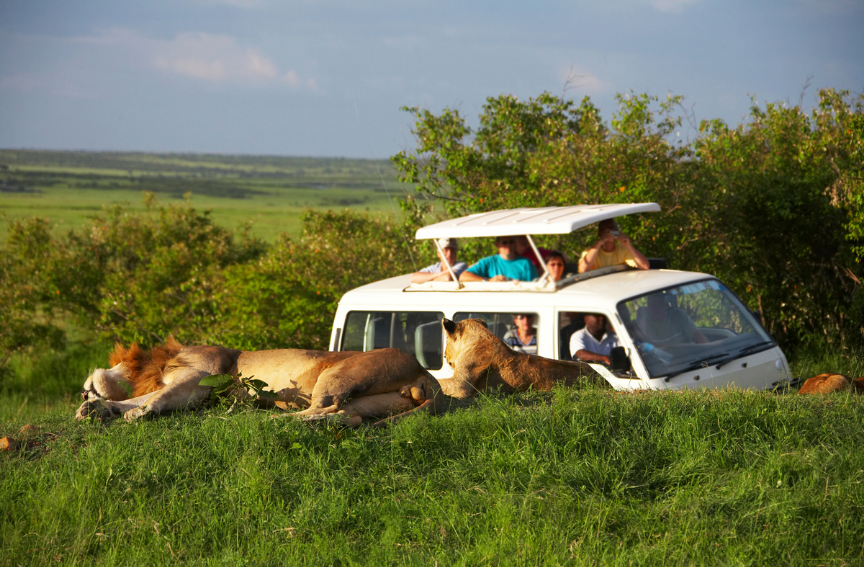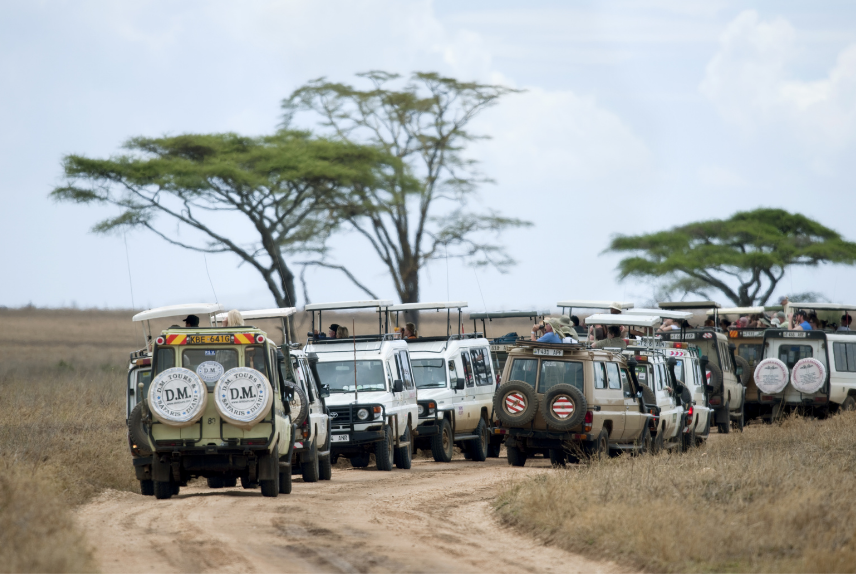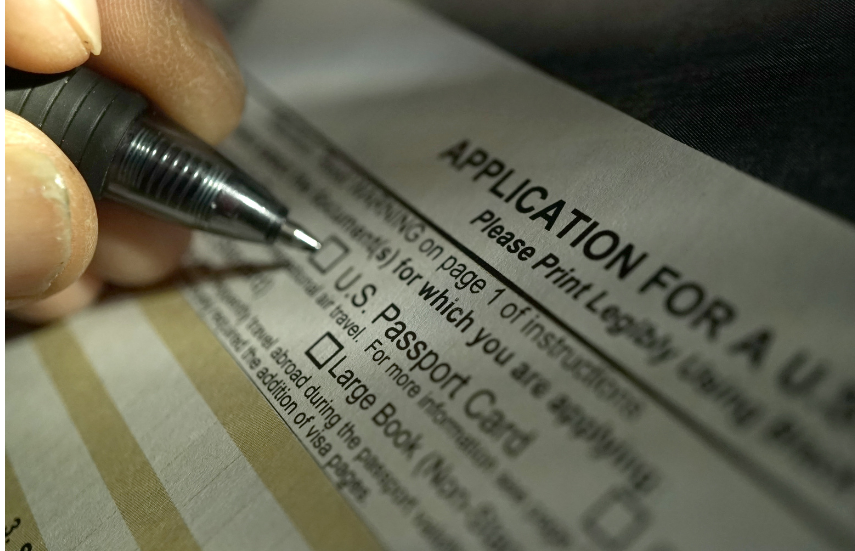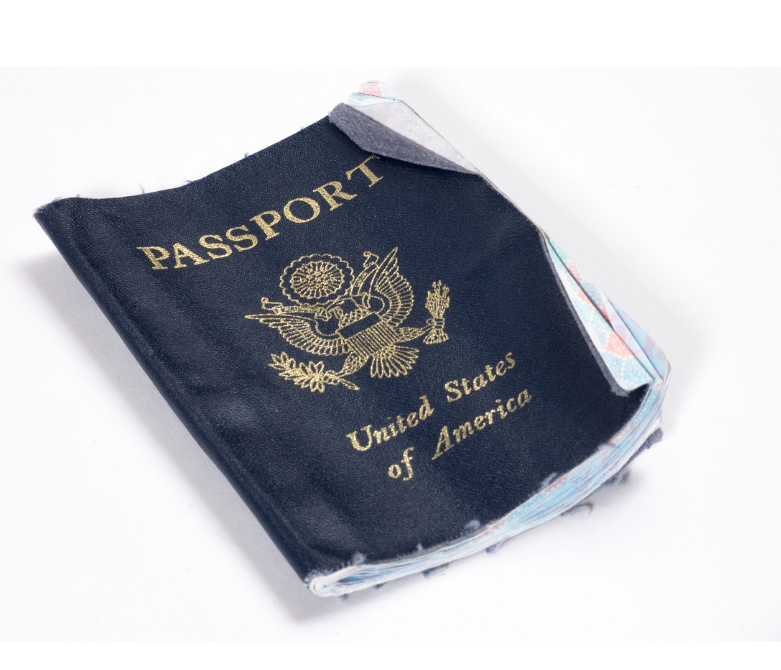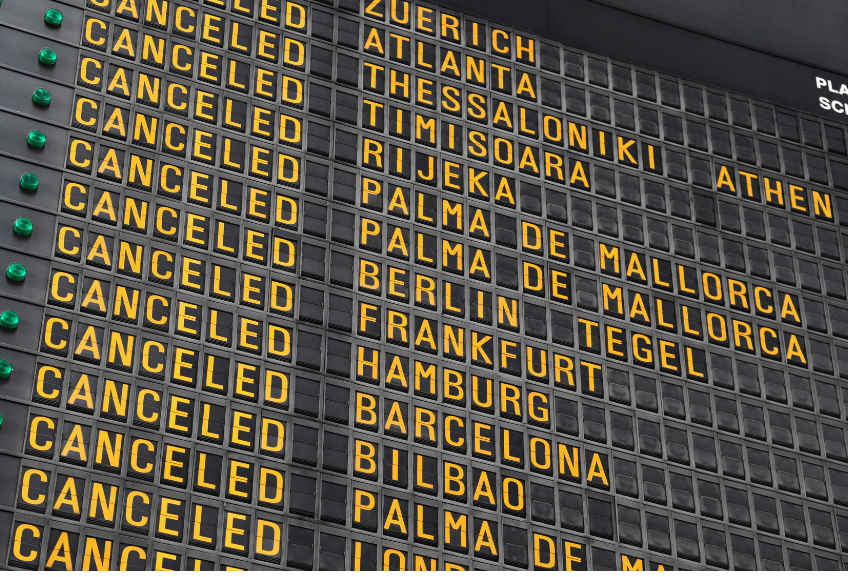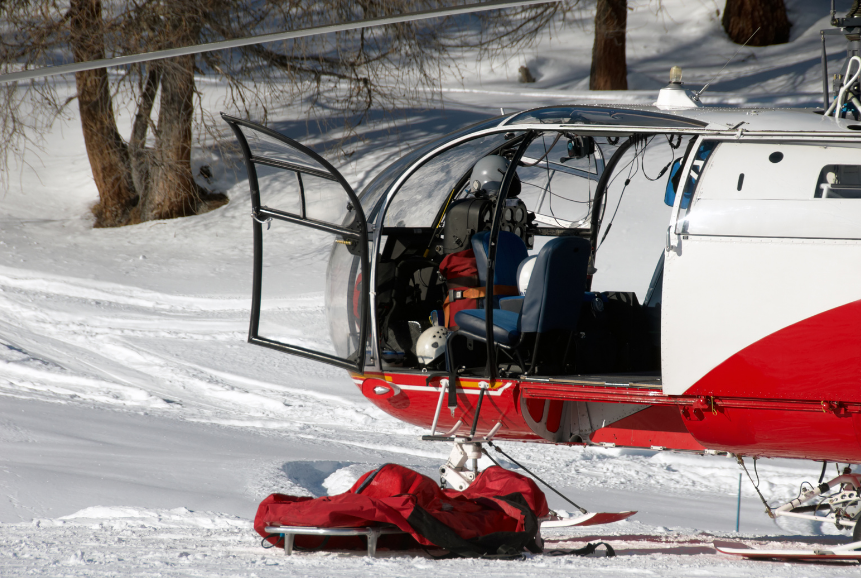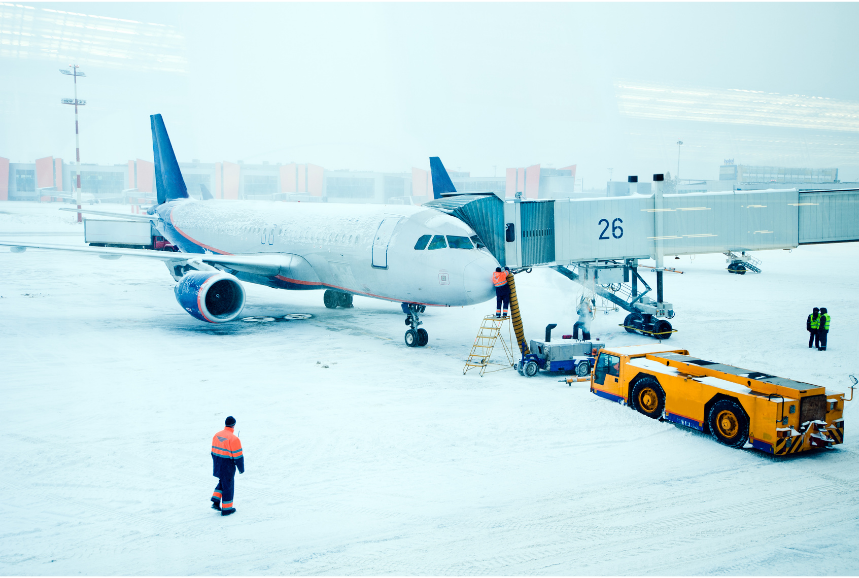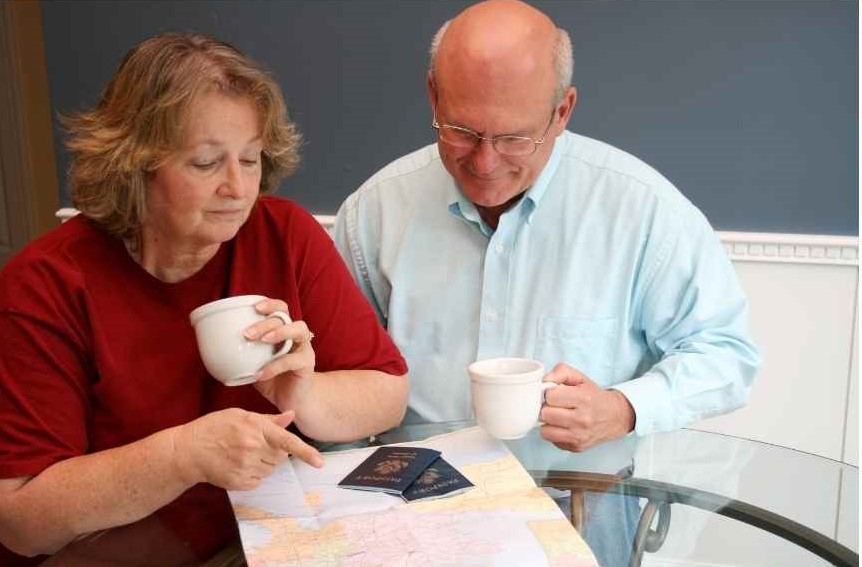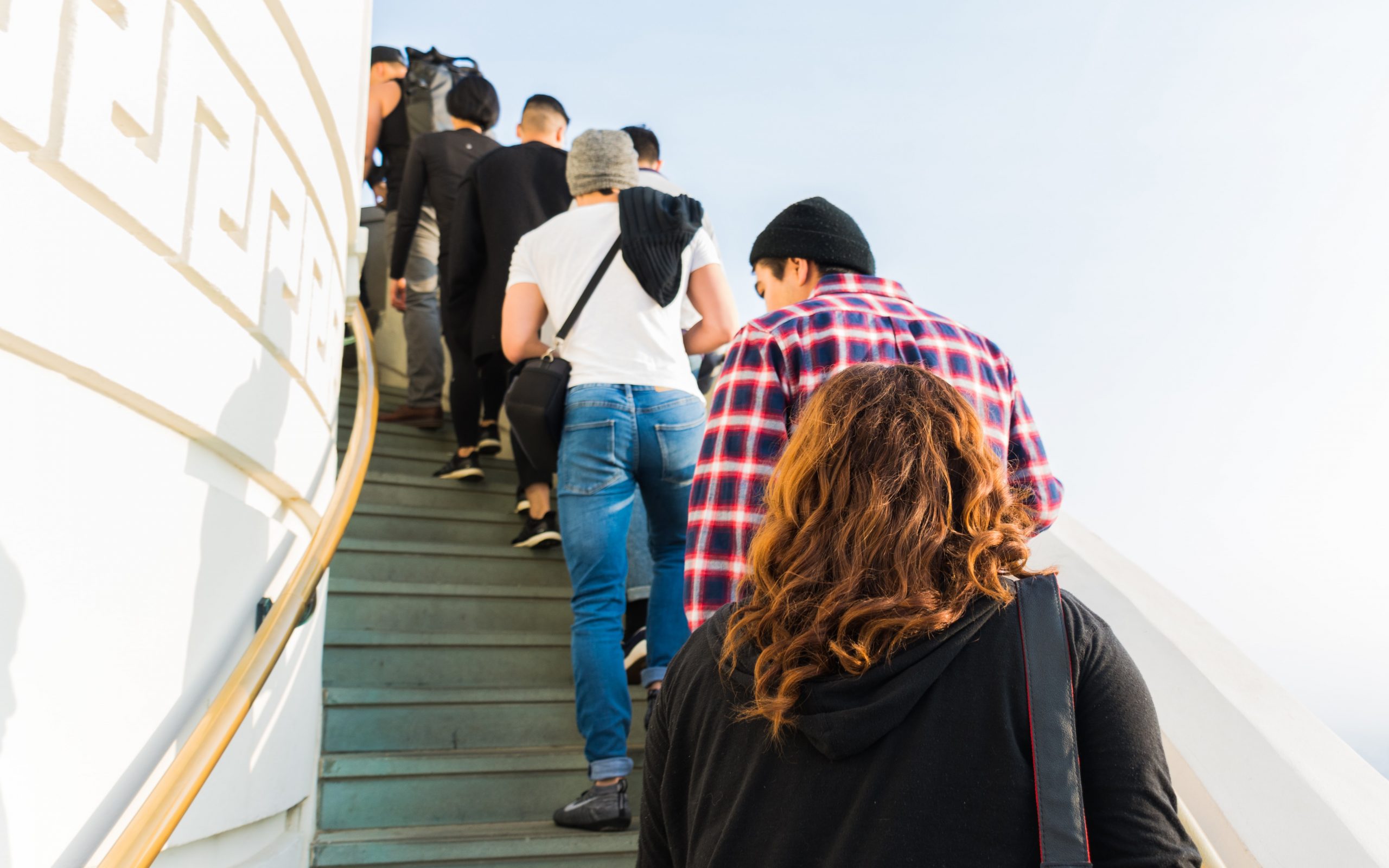An African safari? It’s a big decision for a once-in-a-lifetime trip. Wildlife is everywhere, so does it matter where you go? Activities or sights other than game viewing might be a bigger factor in your decision, but when focusing on the safari experience, being in the know will help you make the right decision for you.
When talking about regions for big game safaris, East Africa includes the countries of Kenya, Tanzania, while Southern Africa covers South Africa, Zambia, Zimbabwe, and Botswana. Grab your binoculars as we look at these two areas.
Lodge-centered safaris dominate Southern Africa safaris while safaris in Eastern Africa are centered around the safari company, ground operator or the camp.
In Southern Africa, the lodge provides all the services around your safari from the time you arrive at the airport/airstrip until the time you leave. The staff, including drivers, guides, and trackers, are all employed by the lodge where you stay. Should your trip include 2 or more lodges, your drivers, guides, and trackers change when you arrive at a new lodge.
For moderately priced safaris in East Africa, you’re transported by vehicles between parks that are far apart with lodges for accommodations. Your driver, guide, and tracker, who may be the same person, stay with you during your entire trip. The whole experience is arranged through a safari company or ground operator. These drivers/guides read their clients well and a relationship often develops.
For those with less time and/or those that desire more intimate camps, fly-in safaris in East Africa allow travelers to maximize their time game viewing using smaller camps that provide a higher level of service. These safaris more resemble the Southern Africa camp-centered safari, where the camp provides the driver/guide/tracker at each location.
Your ride in Southern Africa is more open, but you can still get great pictures from the vehicles in Eastern Africa.
All aboard your open-sided land cruiser that lets you have a clear view of the animals in Southern Africa. You will depart the lodge and loop around a route covering a 20-mile radius from your base. You will be on the reserve roads or inside the park or reserve.
In the East, you travel in vehicles with pop tops for road-based safaris. Since you are going further distances, open-sided vehicles aren’t suitable. Don’t worry because you can still get great photos thru your pop-up top. With the option to close the top, air conditioning and small refrigerators make your long-distance drives easier. Open-sided vehicles are used for fly-in safari camps providing greater unobstructed visibility.
Pros and cons of fencing: Will the experience feel like a zoo?
You will likely hear about the fence debate while traveling around Africa. Some say it helps protect the wildlife and people, while others believe it’s unnatural.
In Southern Africa, you can expect areas to be fences, but you might travel for days without seeing a fence because the areas are massive – we are talking about reserves and parks the area of a small state in
America! These reserves make their own rules so you can experience night drives and your driver can follow wildlife off-road.
In Eastern Africa, there aren’t any fences giving animals more freedom to roam, making mobile camps ideal. As the animals migrate, a mobile safari camp can follow the wildlife and set up temporary or semi-permanent tented camps. These camps are great for observing the Great Migration, saving significant travel time reaching wildlife at its current location.
The numbers game – People and Animals
In the South, the wildlife parks and reserves limit how many safari vehicles can be near a group of animals at one time (usually up to three). In the East, there are no limits on the number of vehicles, but time limits at popular sites or around groups of animals may be observed to reduce crowding at peak times and the stress on the animals.
Don’t worry. The Big Five ((elephant, lion, leopard, rhino, and buffalo) live in both Eastern and Southern Africa. Larger concentrations of wildlife in East Africa allow dramatic sightings of potentially hundreds or thousands of animals as you look out over wide-open spaces like during the Great Migration.
As always pros and cons exist for the Eastern or Southern parts of Africa. Much comes down to personal preference for your adventure. However, once having done a safari, many travelers return to Africa to experience another area and/or type of experience. Both regions offer unique aspects and fascinating opportunities. You never know what will happen or what you will see on safari and that makes it all the more exciting!
Let’s talk more about an Eastern or Southern Africa safari and which is best for you and your travel companions. We have stories to share and more info regarding factors like seasons, the time required, specific wildlife, and more so drop us a line soon.



